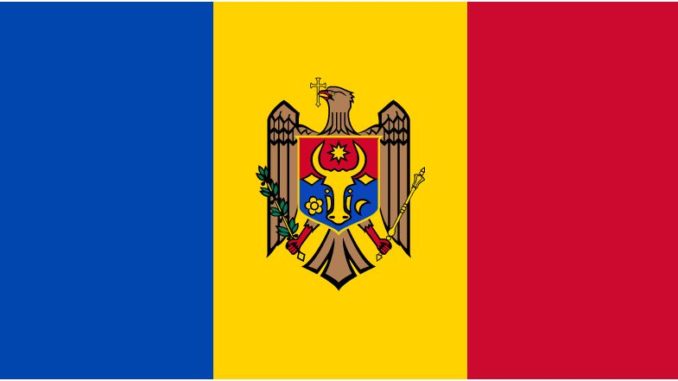
Moldova: East or West, Capitalism Defines its Socio-Economic Terrain
Moldova courts two suitors both offering very similar gifts: unbridled free market capitalism. […]

Moldova courts two suitors both offering very similar gifts: unbridled free market capitalism. […]

This webinar focused on Antimicrobial Resistance and TTIP […]
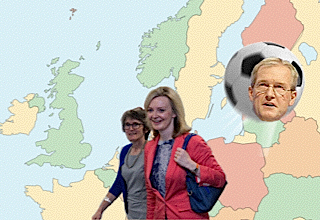
The business-as-usual global warming ‘lukewarmist’ is no longer at the DEFRA helm. via Peter Crosskey. […]

Crucial web event happening on TTIP and antimicrobial resistance 24th July. […]
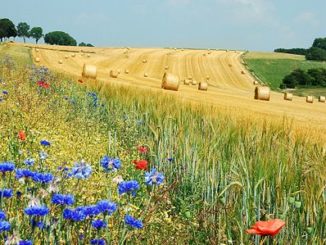
Bulgaria | Czech Republic | Hungary | Poland | Romania | Spain | UK | Germany The new Common Agricultural Policy (CAP) post 2013 has been agreed. It introduces measures to manage natural resources, as well as the development of rural areas. For this to happen depends on how national implementation is carried out, and how member states use the instruments offered through the policy. The big challenge is to offer rural actors in different member states the right information to make this policy work. It is also important that citizens are informed and supporting these new changes. Za Zemiata (Bulgaria), Hnutí Duha (Czech Republic), Magyar Természetvédok Szövetsége (Hungary), Amigos de la Tierra (Spain), Green Institute (Poland), Friends of the Earth Europe and ARC2020 have started an information and communication campaign to help spread information about the issue. What will be happening in these countries over the next few months? Bulgaria Bulgaria joined the EU only in 2007 and some of the CAP measures to ensure the sustainable management of natural resources are not well known to farmers. Over the past years there has been also a trend of intensifying farming and of young […]
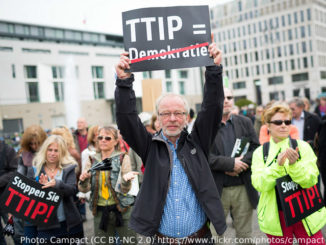
Civil society on both sides of the Atlantic are joining forces to show just what’s wrong with TTIP […]

An overview of the European Parliament elections this month. […]
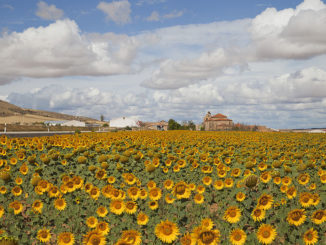
Challenges aplenty for the food system in Europe, but some noteworthy outcomes in DG SANTO’s study. […]

Dear friends and supporters, As Europe has thawed, the next months will be very exciting for our 2000m² project. Last Sunday, we planted seeds on the field in Berlin, and are looking forward to growing both the representation of the global situation, and the project itself. More on that below. A few other highlights from March on ARC2020.eu: UK cooperative in fire sale of its farms: The UK’s food and farming sector is reeling with shock and disbelief as “Britain’s largest farmer”, The Cooperative, has put its farms up for sale. Ukraine’s Land Struggle with Russia: If 1 out of 3 agro-ecological zones would be removed from Ukraine’s possession, it would cause enormous consequences for farmers. Poland short-changes its organic farmers: Organic farming and agri-environmental schemes will not grow under current Rural Development plans. UN Rights to Food expert demands radical change: Olivier De Schutter warned that current food systems must be redesigned. The irony of national markets: cheap exports expensive imports: How our convoluted food system destroys food sovereignty. TTIP: how fat cats can turn nasty: Will the precautionary principle and other stalwarts […]
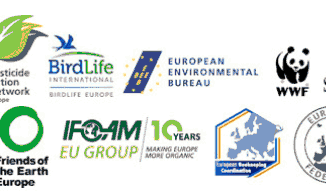
In the run up to Commission meeting on 11th March pesticides, cross-compliance and eligibility are the key issues. […]
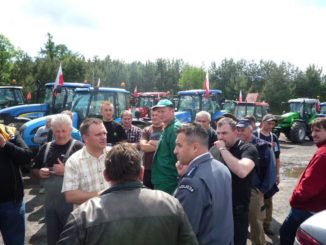
“In the times of Communism, 70% of land was State owned. Just 20 years later and Polish farmers cannot buy land anymore” […]

Dear friends and supporters, In March, the fourth round of negotiations on the Transatlantic Trade and Investment Partnership (TTIP) will take place in Brussels. Since the last round of negotiations in December, more evidence the secretive nature of these negotiations has emerged, as reported by Corporate Europe Observatory: “In the 29 documents which were ‘partially released’, DG Trade has removed large parts of the text (…). In some cases, like a meeting with lobbyists from Fertilizers Europe, every single word has been removed from the document.” A glimmer of hope was offered at the end of January, when the Commission announced a public consulation on the so-called investor state dispute settlement (ISDS) part of the agreement. According to the official press release, the decision follows ‘unprecedented interest in the talks’ and in early March, De Gucht will publish a proposed EU text for the investment part of the talks on which people across the EU will have three months to comment. We featured an opinion piece on thethreats the TTIP poses to Romanian peasants and farmers, and a prognosis of TTIP stakeholder […]

Arc2020 UK Correspondent Peter Crosskey gives his prognosis of TTIP stakeholder engagement […]
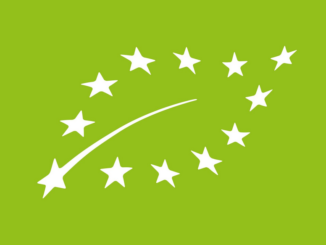
Is the path to hell paved with good intentions? Will a supposedly better regulation actually lead to a tiny or a more apt organic sector? […]
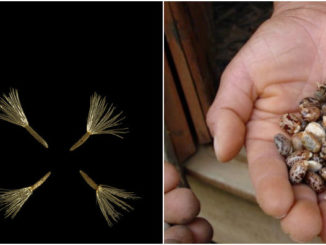
Farmers & growers have saved seeds since farming & growing began. Seeds are a core and essential part of many farming systems, and farmers’ ownership and control of seeds – seeds they save, open pollinated seeds, and an apt, varied range of seeds for both food security and food sovereignty – is one of the biggest agri-food issues of our times. Key Issues The nexus of the problem with how seeds operate in the food system is this: a small handful of agri-food and chemical giants have significant control of the ever tightening seed market. Meanwhile small farmers, gardeners and growers are finding it more and more difficult to save and access seeds. Current proposals at the EU level may compound this situation. These are also threats to seed saving, often under the guise of supposed improvements in efficiency, performance and safety. When legislation is written with the interests of the major corporations involved in seeds in mind, it inevitably ends up promoting a business-as-usual model of limited varieties, use of pesticides, GM and other agri-industrial inputs and […]
Agricultural and Rural Convention